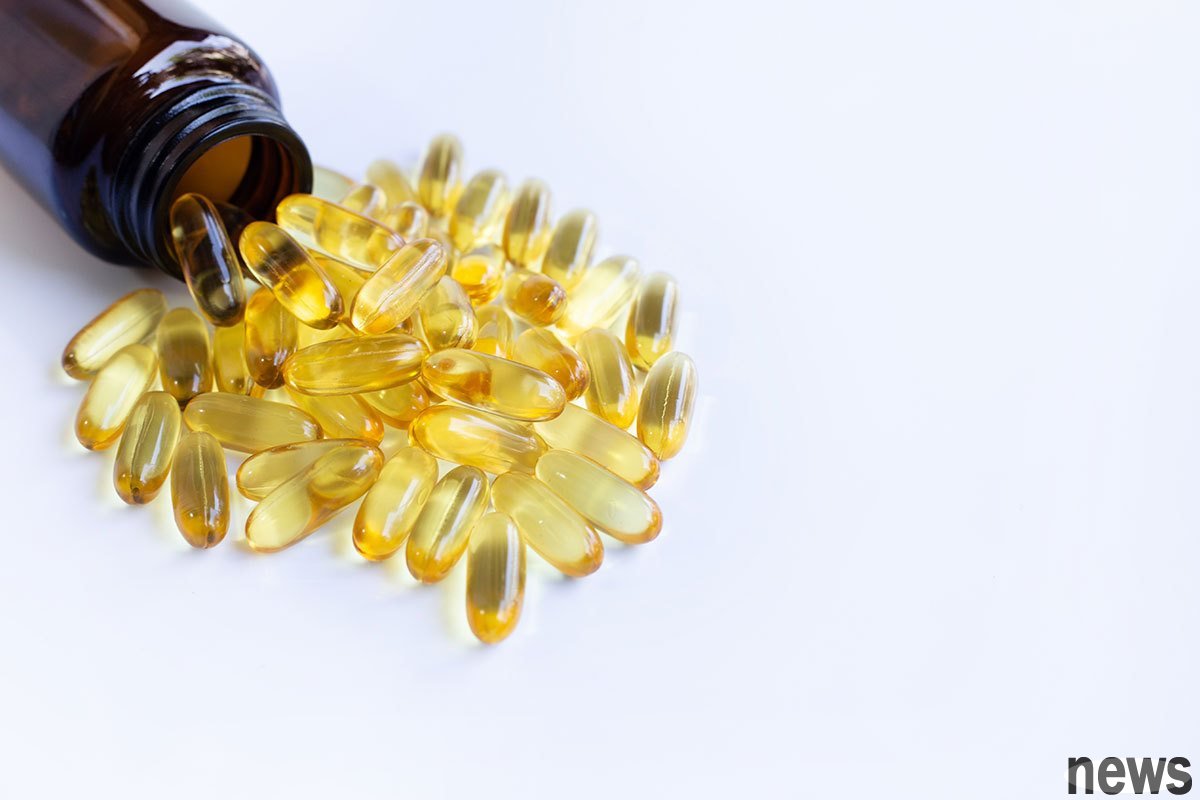JAMA Ophthalmology, a journal of the American Medical Association, published two articles related to fish oil today (2022-6-9): Clinical Research: Efficacy of Marine -3 Fatty Acid Supplementation vs Placebo in Reducing Incidence of Dry Eye Disease i...

JAMA Ophthalmology, a journal of the American Medical Association, published two articles related to fish oil today (2022-6-9):
Clinical Research: Efficacy of Marine ω-3 Fatty Acid Supplementation vs Placebo in Reducing Incidence of Dry Eye Disease in Healthy US Adults: A Randomized Clinical Trial (Ocean ω-3 Effects of fatty acid supplements relative comfort agents in reducing the incidence of dry eye symptoms in healthy adults in the United States: a random clinical trial)Expert Review: Another Disappointment for ω-3 Fatty Acid and Dry Eye Disease (another disappointment with ω-3 fatty acids and dry eye disease)
Clinical study The article was the machine introduced in this study: ω-3 fatty acids are often recommended for the management of dry eye disease. Basic scientific studies report the beneficial effects of ω-3 fatty acids in several inflammatory processes related to the pathogenesis of dry eye disease, including the production of proinflammatory cytokines and T lymphocyte proliferation. Data from some random clinical trials from patients with dry eye (most of which last short duration and limited sample volume) support &omega per day of 420 to 2400 mg doses;-3 supplements have benefits in reducing 1 or more dysfunctional symptoms and symptoms. Few studies have examined the efficacy of ω-3 replenishing agents in preventing dry eye disease. The inflammation process, directly or in response to changes in liquid penetration pressure, is considered to have a key effect at the earliest stages of dry eye development, and some lateral studies have shown that the prevalence of dry eye disease is lower in people with more intake of 26omega;-3 fatty acids. However, as far as we know, there are no random clinical trial data, and even prospective observation data to examine whether ω-3 fatty acid supplements can reduce the risk of dry eye disease.
The clinical study targeted 23,523 people recruited from the United States, about half a woman and a half a year, with an average age of 67 years old, and did not have dry eye disease at the beginning of the experiment. They were randomly assigned to the trial group (11,757 people) or to the consolation group (11,766 people). People in the trial group took a capsule containing one gram of fish oil every day (the ratio of EPA to DHA is 1.2:1), while those in the comfort group took a capsule. (Note: For EPA and DHA, please see fish oil, EPA/DHA, Omega-3)
After an average of about 5 years and 4 months, 232 people in the trial group were diagnosed with dry eye disease, while 240 people in the consolation group were diagnosed with dry eye disease. In other words, the chances of dry eye disease occurring between the two groups are almost exactly the same. Therefore, the conclusion of this article is: Recommended ocean ω-3 fatty acid supplements are not supported to reduce the incidence of dry eye disease.
Experts commented on the final paragraph of that article: Unfortunately, with the accumulation of large-scale clinical trial results, the hope that ω-3 fatty acids can bring benefits to multiple diseases has been broken. Recipient ω-3 The beneficial conditions have been reduced to lower triglycerides, secondary prevention of coronary heart disease, and perhaps others. Those who undergo clinical trials are looking for better treatments, or even cures, to help patients, and when random clinical trials do not show yang results, they can feel lost or sad. Controversy over the effects of ω-3 replenishing agents on dry eye may continue. The results of this clinical trial were disappointing, as it was originally thought that preventive treatment of dry eye disease would benefit many people.
In fact, as early as four years ago, I published a fish oil supplement and added a coffin. It pointed out that despite being highly sought after, fish oil supplement has been repeatedly frustrated in the clinical trial and is about to be put into a coffin. In the six months, I announced that fish oil was fighting the depression, and I was frustrated again and added another gust.
However, please note that the fish oil mentioned here comes from supplements, not from food. So, fish oil from food (mainly fish) is still health-friendly.
Original text: Clinical study on fish oil preventing dry eye disease and just appearing